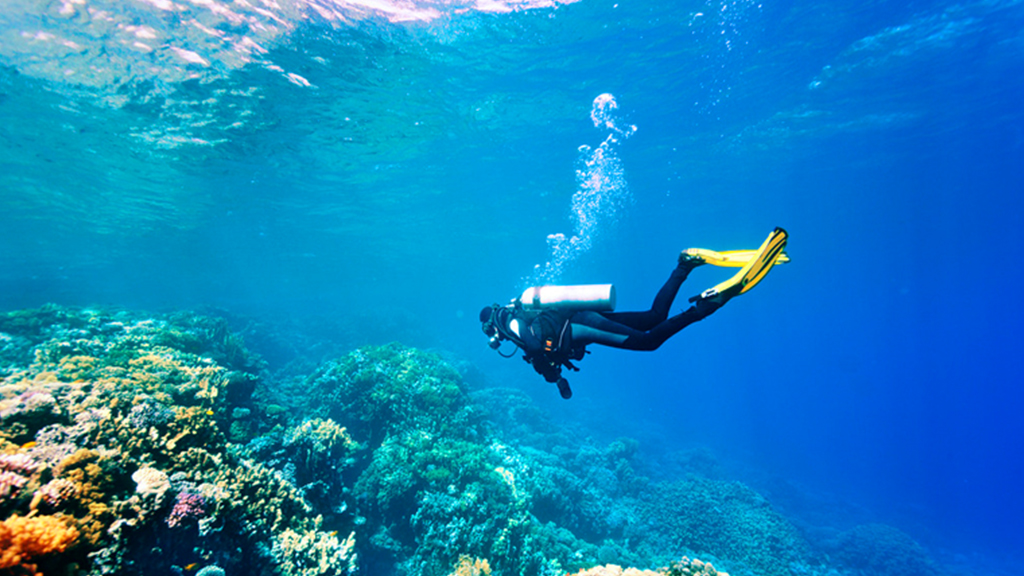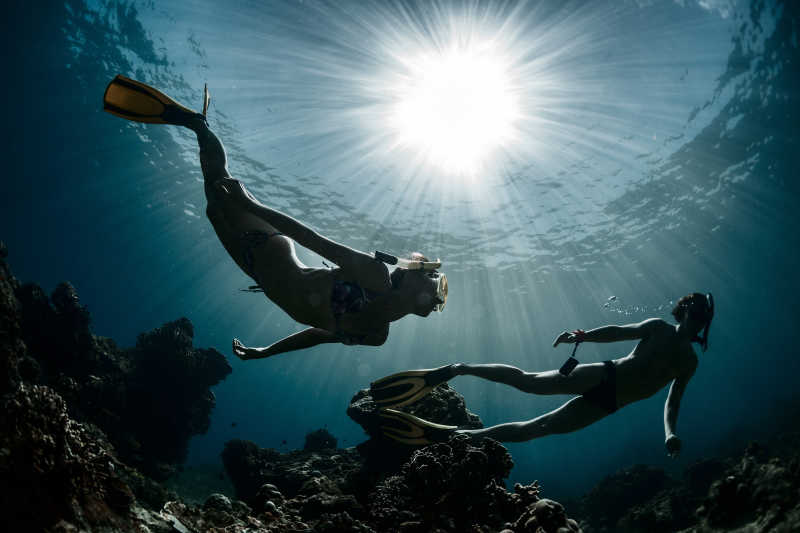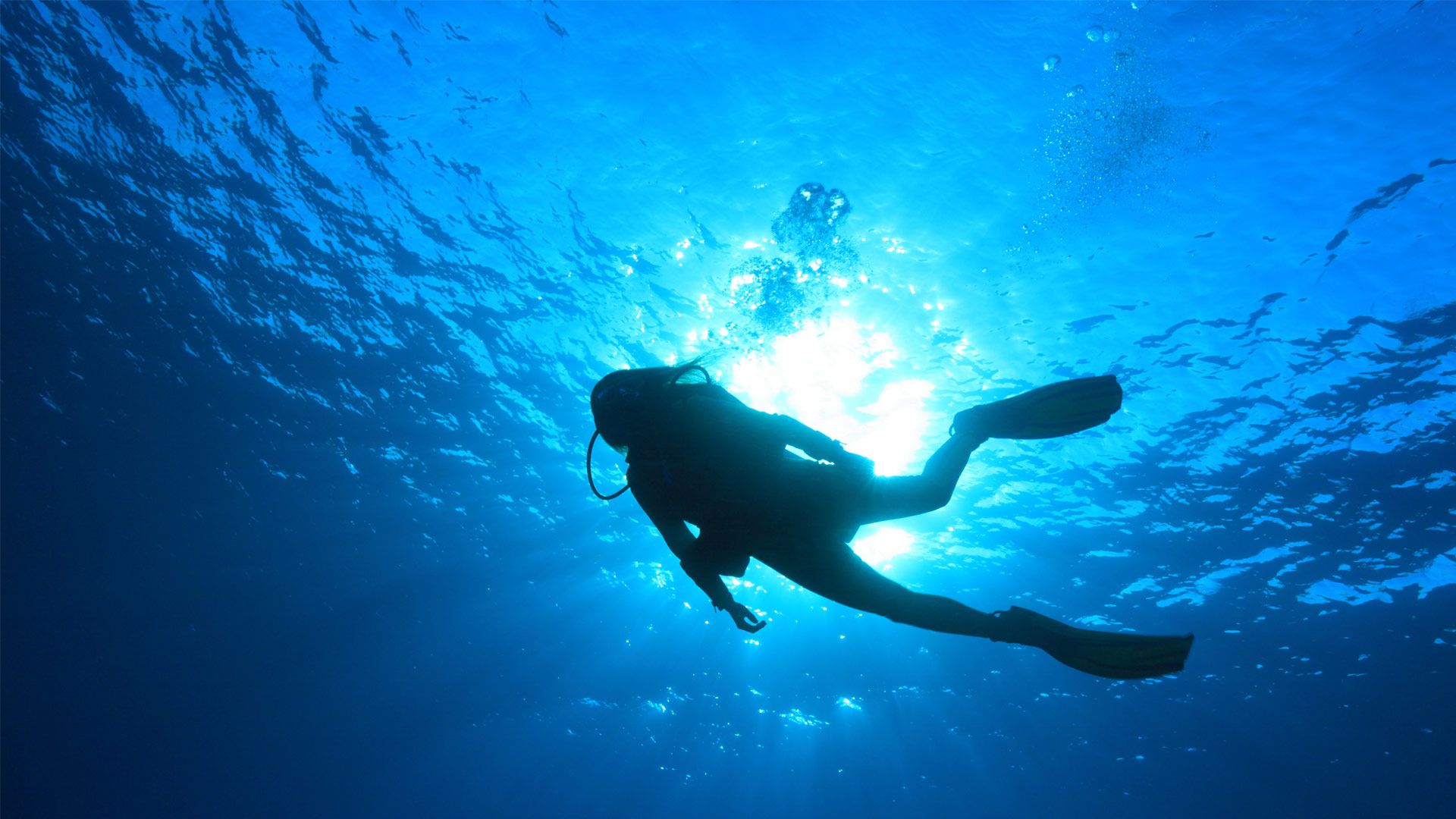What risks may scuba divers encounter at depths exceeding 40 meters?
When scuba divers go deeper than 40 meters, they may face various risks due to changes in water pressure, gas characteristics, and other factors. The following are some of the main risks:
Nitrogen intoxication: With increasing depth and water pressure, the solubility of nitrogen in blood and tissues increases. When the depth exceeds 40 meters, divers may experience nitrogen intoxication, similar to a state of drunkenness, manifested as slow thinking, decreased judgment, uncoordinated movements, abnormal emotions, etc. This can seriously affect the diver's operational ability and ability to respond to danger, increasing the probability of diving accidents.
Oxygen poisoning: In deep-sea environments, if the oxygen content in the gas used is too high or if one breathes ordinary air for a long time under high water pressure, it may cause oxygen poisoning. Symptoms include nausea, vomiting, dizziness, convulsions, and even coma. Divers may lose consciousness due to oxygen poisoning, making it impossible to control diving equipment or perform necessary safety operations.
Decompression sickness: When divers quickly rise from deep water to the surface, the pressure around their bodies rapidly decreases, and nitrogen gas in their blood and tissues forms bubbles, leading to decompression sickness. Diving deeper than 40 meters requires strict adherence to decompression procedures for ascent, otherwise the risk of decompression sickness will greatly increase. The symptoms of decompression sickness include joint pain, skin itching, difficulty breathing, dizziness, etc. In severe cases, it may lead to paralysis or even death.
Water pressure damage: For every 10 meters increase in depth, the water pressure will increase by about 1 atmosphere. When the depth exceeds 40 meters, the water pressure on the diver's body significantly increases, which may cause harm to the body, such as damage to hollow organs such as the ears and sinuses, leading to symptoms such as ear pain, tinnitus, and nosebleeds. In addition, high water pressure may also affect the normal function of the heart and lungs, increasing the burden on the cardiovascular system.
Reduced visibility and disorientation: As the depth increases, the light gradually weakens, and beyond a depth of 40 meters, the underwater environment becomes very dim, significantly reducing visibility. This not only affects divers' observation of the surrounding environment, making it difficult to detect potential dangers, but also easily leads to divers losing their direction, becoming separated from their diving companions or teams, increasing the difficulty of rescue and their own safety risks.
Marine life threat: In deeper waters, one may encounter some aggressive or toxic marine organisms. For example, some deep-sea fish may have sharp teeth or toxic spines, and the tentacles of some jellyfish may also cause more severe stings in deep water. If divers accidentally come into contact with these marine creatures, they may be attacked or poisoned, resulting in injuries or even endangering their lives.









Please first Loginlater ~